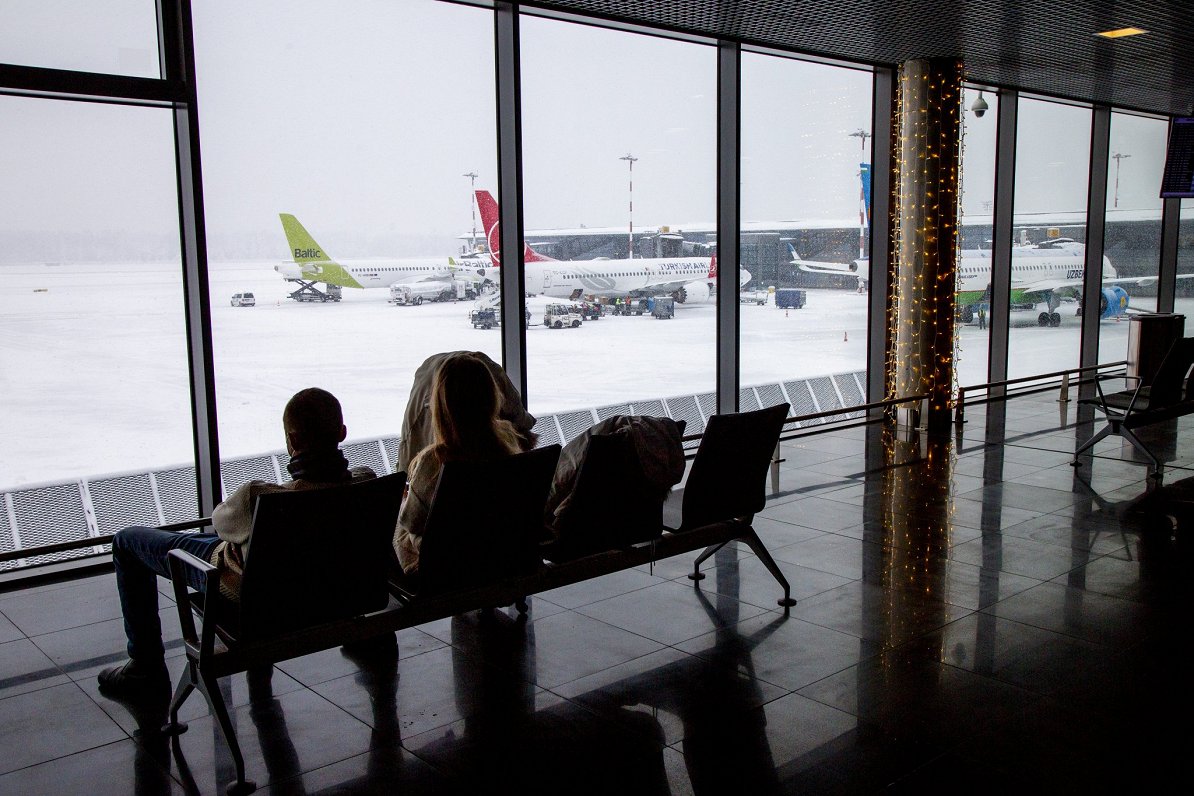Latvian Television viewer Ņina arrived in Rīga from Egypt on December 4. The woman had read on the website of Riga airport that all passengers were able to perform a Covid-19 test on a voluntary basis and free of charge. Immediately after getting out of the plane, she went for testing. There she was told that she would still have to pay for the test.
She told Latvian Television: “I say, why? The tests must be available free of charge to all passengers. But they tell me anyway that I pay €25 because I've come from Egypt, which is a third country. I paid. It was 11 o'clock, the plane was delayed, I was very tired and could no longer argue or prove anything. I just didn't have the strength.”
In the next few days she tried to get the money back, but the lab refused. The reason is that she had not been vaccinated and had flown in from a third country.
Such procedures shall be determined by Cabinet regulations regarding epidemiological safety measures for the limitation of Covid-19.
Džineta Dimante, project director of the E. Gulbja Laboratory, said that “if coming from third countries, those other than the European Union, the Swiss Confederation, the United Kingdom, well, there are a whole number of exceptions, you can read the paragraph 159, these people have to carry out the test on a compulsory basis and at their own expense.”
The claim was also approved by the Ministry of Health. In response to the question of why it was not stated publicly and accurately on the airport's website and elsewhere, the Ministry's spokesman, Oskars Šneiders, pointed to the insufficiently clear amendments to government rules.
“This is due to those amendments to last week's order. Point 5.59, which sets out the arrangements for this voluntary test and does not specify what happens to those for whom the testing has been a mandatory condition [until now],” he stated.
Šneiders said that the uncertainties would "probably require clarification" to avoid confusion in the future.



























